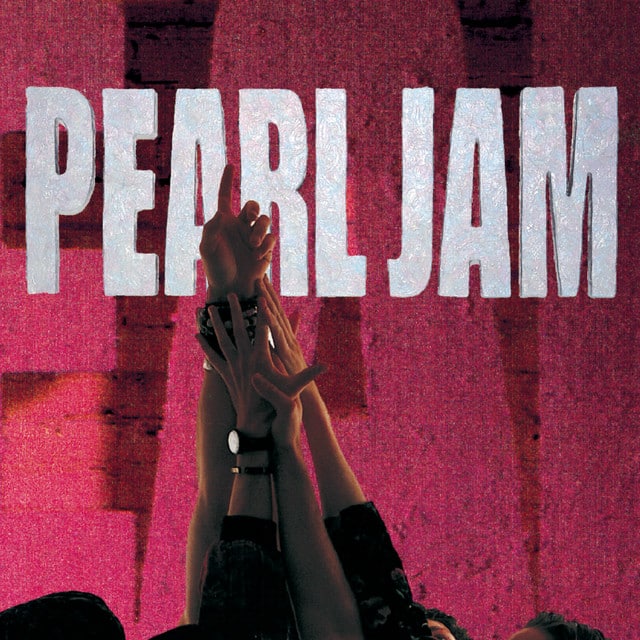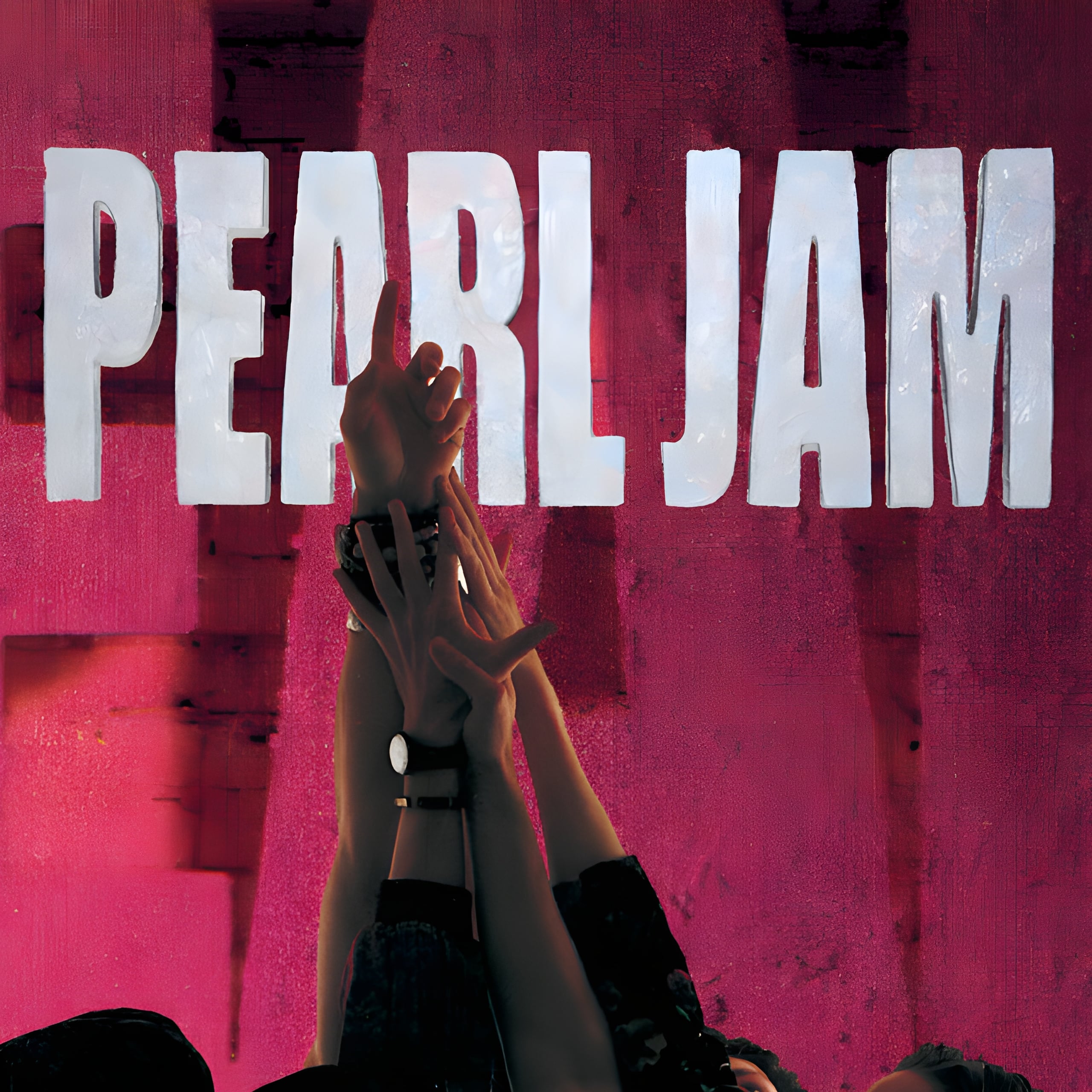Released: 1991
“Alive” by Pearl Jam, from their debut album “Ten”, isn’t just a song; it’s an anthem that encapsulates the raw essence of existence against the odds. On the surface, it sounds like a celebration of life, but delve a bit deeper, and you find a heart-wrenching narrative of identity, survival, and the haunting specter of inherited trauma. It’s about grappling with the cards you’re dealt, even when they come from the most twisted deck imaginable.
The song kicks off with a mother revealing a life-altering truth to her son. The man he thought was his father is, in fact, not. The revelation comes at a time when the boy is transitioning into adolescence, a period fraught with its own set of tumultuous discoveries. This bombshell not only adds to the chaos but leaves a scar that the protagonist has to live with. This stunner, dropped like a casual anecdote, sets the tone for the narrative – life is unpredictable and often, unforgiving.
As the song progresses, the existential reflections deepen. Amidst the shock of learning about his real father’s death, the protagonist grapples with the feeling of being somehow still ‘alive’. This chorus isn’t just a catchy hook; it’s a complex mix of relief, confusion, and a touch of survivor’s guilt. It underscores the ongoing internal battle between just existing and finding a purpose to justify that existence.
The narrative takes another turn as it details an eerie and uncomfortable encounter between the son and his mother, hinting at emotional boundaries being crossed and the indelible marks such experiences leave on one’s psyche. The song masterfully uses ambiguity, leaving listeners to fill the gaps with their interpretation, but the overarching themes of confusion, betrayal, and seeking clarity shine through. The line “I can’t remember anything to this very day ‘Cept the look, the look” encapsulates the haunting nature of traumatic memories, vivid in emotion but blurry in detail.
Finally, “Alive” circles back to the chorus, but with each repeat, the phrase “I’m still alive” morphs in meaning. It oscillates between a triumphant declaration and a questioning of worthiness. The song closes with a rhetorical question, “Do I deserve to be?” This isn’t just the protagonist questioning his right to exist amidst the chaos; it’s a universal cry asking for a reason behind the suffering. The beauty of “Alive” lies in its refusal to offer easy answers. Instead, it mirrors life’s tendency to pose questions that we spend our entire lives trying to answer.
Through “Alive”, Pearl Jam taps into the zeitgeist of a generation questioning the very fabric of existence while wrestling with the shadows of their past. It’s a vital piece of the ’90s rock scene not just for its grungy sound but for the existential quandaries it lays bare, wrapped in Eddie Vedder’s impassioned vocals and the band’s gritty instrumentation. In the end, “Alive” resonates because it’s real – it delves into the messiness of life, the pain, the confusion, and the paradoxical power of just being alive.








